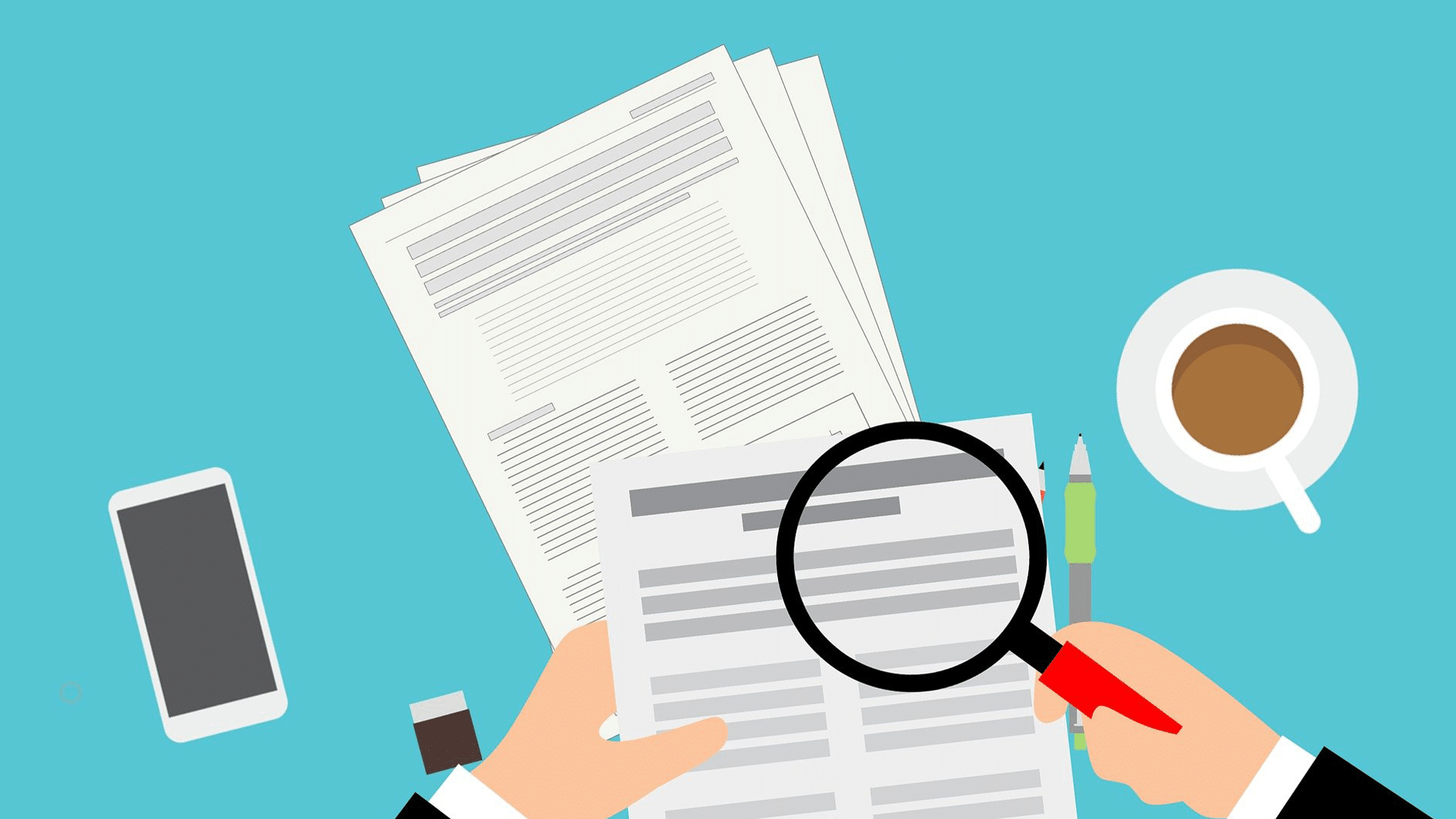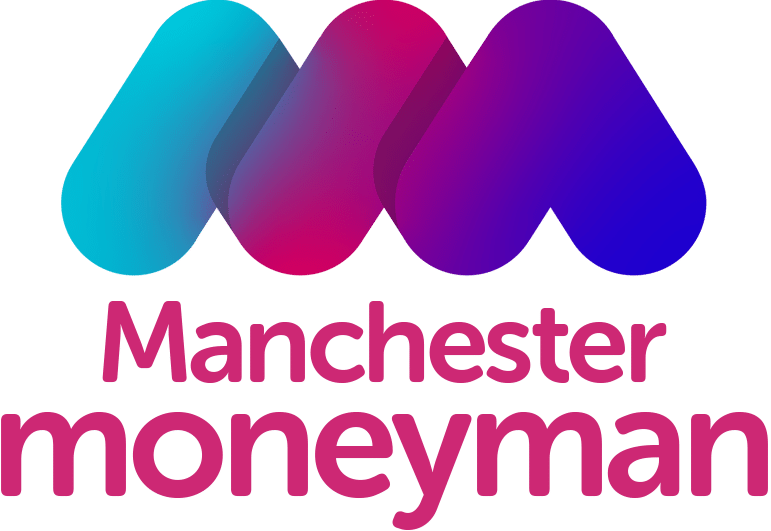What is a fixed rate mortgage?
In the dynamic landscape of mortgage options, a fixed rate mortgage is a popular choice that offers stability and predictability to homeowners. When opting for a fixed rate mortgage, you lock in a specific interest rate for a set period, typically ranging from two to ten years.
This means that regardless of any fluctuations in the broader financial market, your interest rate remains constant during the fixed term.
One key factor to consider when selecting a fixed rate mortgage is the duration of the fixed term. As a general rule of thumb, the longer you choose to fix your mortgage, the higher the interest rate is likely to be.
For those seeking the lowest possible rate, a short-term fixed rate mortgage may be more appealing. A shorter fixed term, say two or three years, could provide you with a more competitive interest rate, translating to lower monthly mortgage payments during that period.
There is a trade-off to bear in mind. A shorter fixed term means that your mortgage will be up for renewal sooner. When the fixed period expires, you’ll need to remortgage in Manchester or wherever your property is located.
At that point, if interest rates have risen or your circumstances have changed, you might find yourself facing higher monthly mortgage payments than you were accustomed to during the fixed term.
It’s essential to carefully weigh the pros and cons when deciding on the duration of your fixed rate mortgage.
Some homeowners prioritise the peace of mind that comes with knowing their monthly payments won’t change during the fixed term, even if it means accepting a slightly higher interest rate for a more extended period.
Others may prefer the initial savings of a short-term fixed rate but acknowledge the need to plan for potential fluctuations and possible higher payments at the end of the term.
Ultimately, finding the right fixed rate mortgage involves considering your financial goals, risk tolerance, and long-term plans.
Medium & Long Term Fixed Mortgages
If you want a stable mortgage with constant monthly payments for a more extended period, a five-year fixed rate could be a great option. It offers security and peace of mind because you won’t have to search for new deals every two years.
There is a small drawback: if interest rates drop while you’re locked into the five-year term, you may end up paying more than you would with a shorter fixed term.
On the other hand, some lenders offer even longer fixed rate options, like 7 to 10-year terms. These provide an extended period of payment security, but they are less popular because committing to a decade might feel too long for many people.
Additionally, these longer fixed rate mortgages tend to be more expensive than shorter-term alternatives. In summary, if you prefer stability and want to avoid frequent changes in interest rates, a five-year fixed rate mortgage could be a good choice.
Keep in mind though, that if rates drop during this time, you may end up paying more. For those looking for even more extended payment security, longer fixed rate terms are available, but they come at a higher cost and might feel like a long commitment.
It’s essential to weigh the pros and cons based on your financial situation and preferences. If you’re unsure which option is best for you, consider seeking advice from a trusted mortgage advisor who can help you find the most suitable mortgage product for your needs.
Fees and Interest Rates
Considering the interest rates is not the only factor when choosing a mortgage; you should also consider booking and arrangement fees. A booking fee is paid upfront, while an arrangement fee is paid upon completion.
Adding fees to your mortgage amount might increase the total repayment at the end. Unexpected changes in your financial circumstances could lead to early repayment, but be aware of Early Repayment Charges (ERC).
ERC is a percentage of the remaining mortgage amount, and it applies if you pay off the mortgage early.
For example, if you have £200,000 left to pay and the ERC is 2%, you would need to pay £4,000 to cover breaking the fixed contract. Some homeowners are unaware of this charge and may find it difficult to pay off their mortgage early without incurring an ERC.
Despite the ERC, some people might still choose to pay off their mortgage early to take advantage of better deals available in the market. Remember that the lowest interest rates often come with higher setup fees.
If you’re uncertain about fixed rate mortgages or need more advice, consider getting in touch with us. Our service can be truly beneficial in helping you make an informed decision about your mortgage.
Date Last Edited: November 11, 2024













